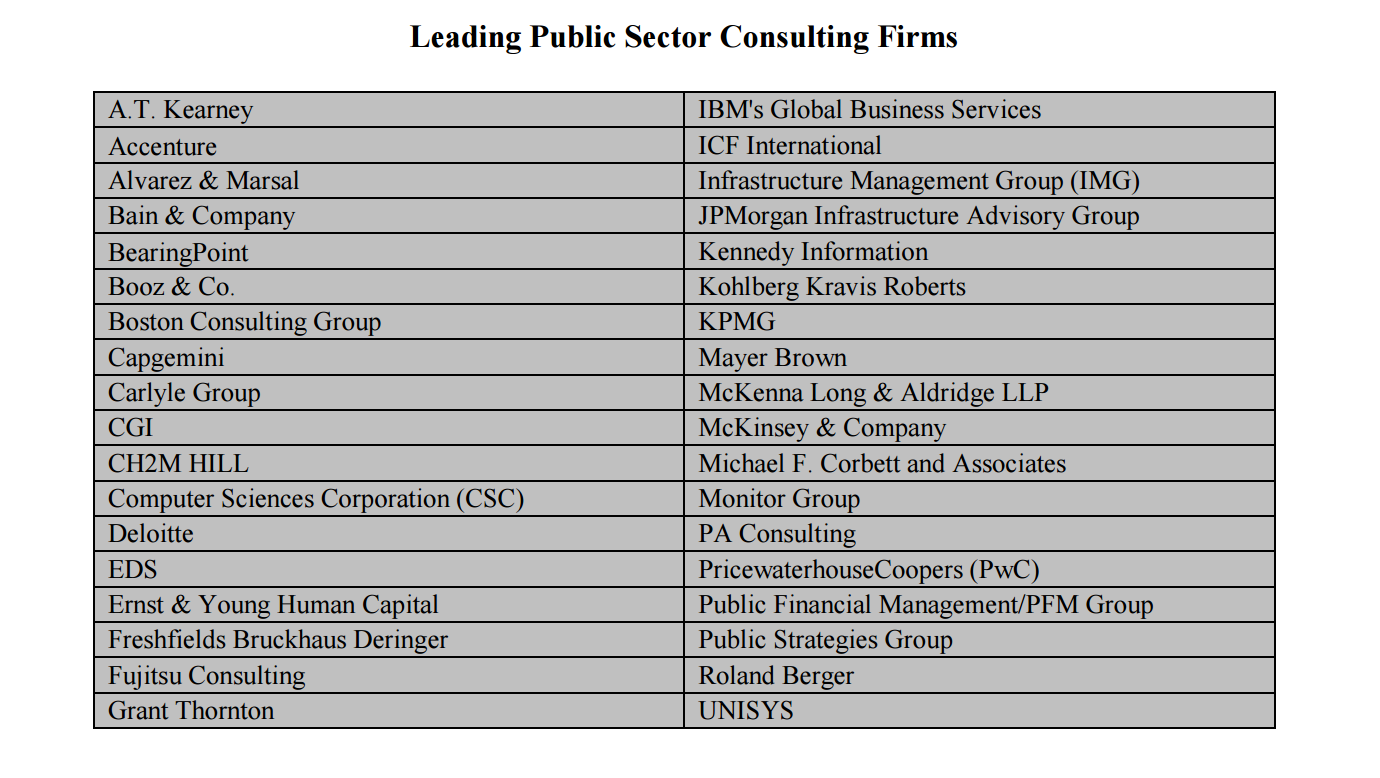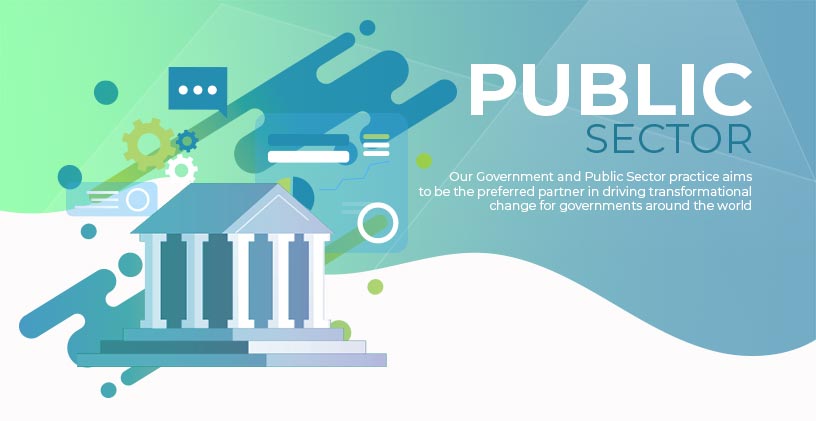
Sustainability consulting is an area of practice where a business advises clients on how to improve their environmental impact, create a more sustainable business model, and meet their social obligations. It is a specialized field that includes green building, renewable energy, waste management, and sustainable development. This article provides an overview on some of these tools and techniques. The following sections will discuss the job duties and educational requirements for this career. This is a great career choice that will allow you to make a positive impact on your community and the wider world.
As a sustainability consultant, your job duties include:
A sustainability consultant evaluates the impacts of different policies, practices, technologies on the environment. They conduct research and grant writing to assist organizations in implementing sustainable initiatives. They also develop presentations and marketing materials that promote sustainability and environmental policy. They can assist businesses and organizations with developing sustainable operational strategies.
Careers in this field often start as environmental impact assessors and progress to senior positions leading projects. Many environmental scientists are interested in becoming sustainability consultants to further their knowledge. Some environmental management consultants might want to add sustainability consulting services to their existing business. You should be able to understand the environmental issues, and how they impact your business before you go this route.

You must balance client interests and law when you work as a sustainability expert. You will evaluate the activities of a company to determine if they are safe and healthy for the environment as well as for employees. You'll also examine whether or not the company meets community needs. You will be required travel to many locations and may have to work overtime. You'll also have to maintain good relationships with potential clients and work on project management.
Requirements for a career of sustainability consultant
As a sustainability advisor, you'll need to perform assessments, analyse data, and create reports. These tasks require high levels of literacy and numeracy as well problem-solving abilities. Also, you should be able analyze a case and recommend the best course of action for the client. A flexible approach to changing legislation and program demands is essential. Based on education and experience, the average salary of sustainability consultants can vary.
A certification is a good idea for sustainability professionals. There are many certifications, including Certified Sustainability Development Professional (CSDP), certification. To get certified in the field, you'll need to pass an exam from the International Society of Sustainability Professionals (ISSP). This credential is valid for two years and can enhance your employment opportunities.
Tools and methods used by a sustainability consultant
Businesses can hire sustainability consultants to help them develop and implement sustainable practices and strategies. They work with companies to assess their sustainability efforts. A sustainability consultant can also assist companies in communicating their sustainability efforts to other stakeholders. The following are some of the tools and methods that a sustainability consultant uses. These tools and techniques can help your organization be more sustainable and competitive.

The first thing a sustainability consultant needs to understand is how their business affects the environment. They must also be able respond to market pressures. While there are many methods to evaluate environmental impact, it is often difficult for businesses to deal with these issues without the guidance of a sustainability specialist. Sustainability consultants employ industry-specific databases and software of premium quality to help businesses manage risks and optimize environmental footprints across their entire value chain.
Sustainability consultants also help organizations improve their resource efficiency. To help organizations improve their resource efficiency, a sustainability consultant may perform energy audits. This will identify inefficient ways of using electricity and offer suggestions for improving them. This can cut down on costs for organizations and help reduce environmental impact. You can also use this program to reduce waste and recycle it.
FAQ
What is a consultant?
A consultant is someone who provides services for other people. It's not a job title. A consultant is a role that helps others achieve their goals. Helping others to understand their options, and then helping them make the best decisions.
Consultants have the ability to solve any problems or challenges that may arise from projects. They can provide guidance and advice on how to implement the solutions.
A consultant should be able to answer questions about anything related to business, technology, finance, law, management, leadership, strategy, operations, customer service, human resources, etc.
What is the difference in a consultant and advisor?
An advisor provides information about a topic. A consultant is able to provide solutions.
To help clients achieve their goals, a consultant works directly with them. A consultant provides advice to clients through books and magazines, lectures, seminars, and other means.
Are you a consultant?
Consulting is not just an entry-level career choice for people who want to make money fast - it's also a great way to learn valuable skills and build a solid foundation that you can use throughout your work.
Consulting offers many opportunities in project management as well as business development, strategy and training. Projects could include small start-ups or large international corporations.
Consulting gives you the chance to grow and develop your skills. This could include learning how to manage teams, write proposals, manage budgets and analyze data.
How can I be a successful consultant?
The first step is to find an area you are passionate about. Building relationships is the next step. Knowing what your clients want and how they work is key. You must also deliver results.
Although you don't have the ability to do everything perfectly, you must be better than anyone else. You need passion for what your do. It isn't enough just to say, "I'm going to be a consultant." You must really believe in yourself and what you're doing.
What is the difference between consulting and freelancing?
Freelancers can be self-employed people who provide their services to clients, without the involvement of employees. They generally charge an hourly rate depending on how long they spend on a client project. Consultants usually work for agencies or companies that employ them. They are often paid monthly or annually.
Consultants often have more flexibility, while freelancers can choose to work when they want and set their own rates. Consultants, however, often have better benefits such as retirement plans, vacation days, and health insurance.
Are consulting incomes subject to tax?
Yes, you must pay tax on the consultancy profits. The amount you earn depends on your annual income.
If you are self employed, you can claim expenses in addition to your salary. This includes rent and childcare.
You can't deduct the interest on loans, vehicle damage, or equipment costs.
If your annual income is less than PS10,000, you can only claim 25% back.
But even if you're earning more than this threshold, you might still be taxed depending on whether you're classed as a contractor or employee.
Employers are taxed via PAYE (pay as your earn), and contractors through VAT.
Statistics
- WHY choose me: Why your ideal client should choose you (ex: 10 years of experience and 6-week program has helped over 20 clients boost their sales by an average of 33% in 6 months). (consultingsuccess.com)
- So, if you help your clients increase their sales by 33%, then use a word like “revolution” instead of “increase.” (consultingsuccess.com)
- My 10 years of experience and 6-step program have helped over 20 clients boost their sales by an average of 33% in 6 months. (consultingsuccess.com)
- 67% of consultants start their consulting businesses after quitting their jobs, while 33% start while they're still at their jobs. (consultingsuccess.com)
- Over 62% of consultants were dissatisfied with their former jobs before starting their consulting business. (consultingsuccess.com)
External Links
How To
How to Find the Best Consultant
When searching for a consultant, the first thing you should do is ask yourself what your expectations are. You should know exactly what your expectations are before you start searching for someone. It is important to make a list with all the requirements you have for a consultant. These could include professional expertise, technical skills and project management abilities, communication skills, availability, and other things. Once you have identified your requirements, you might consider asking friends and colleagues to recommend you. Ask them what their experience with consultants was like and how they compare to yours. Research online if you don’t already have recommendations. You will find many websites such as LinkedIn, Facebook Angie's List, Indeed and Indeed where people can leave reviews about their past work experiences. Take a look at comments and ratings from others, and use that data to find potential candidates. After you've compiled a list of potential candidates, it is time to reach out to them and schedule an interview. At the interview, it is important to discuss your requirements and get their feedback on how they can help. It doesn't matter if they were recommended to your company; all that matters is that they are able to understand your business goals and show how they can help.